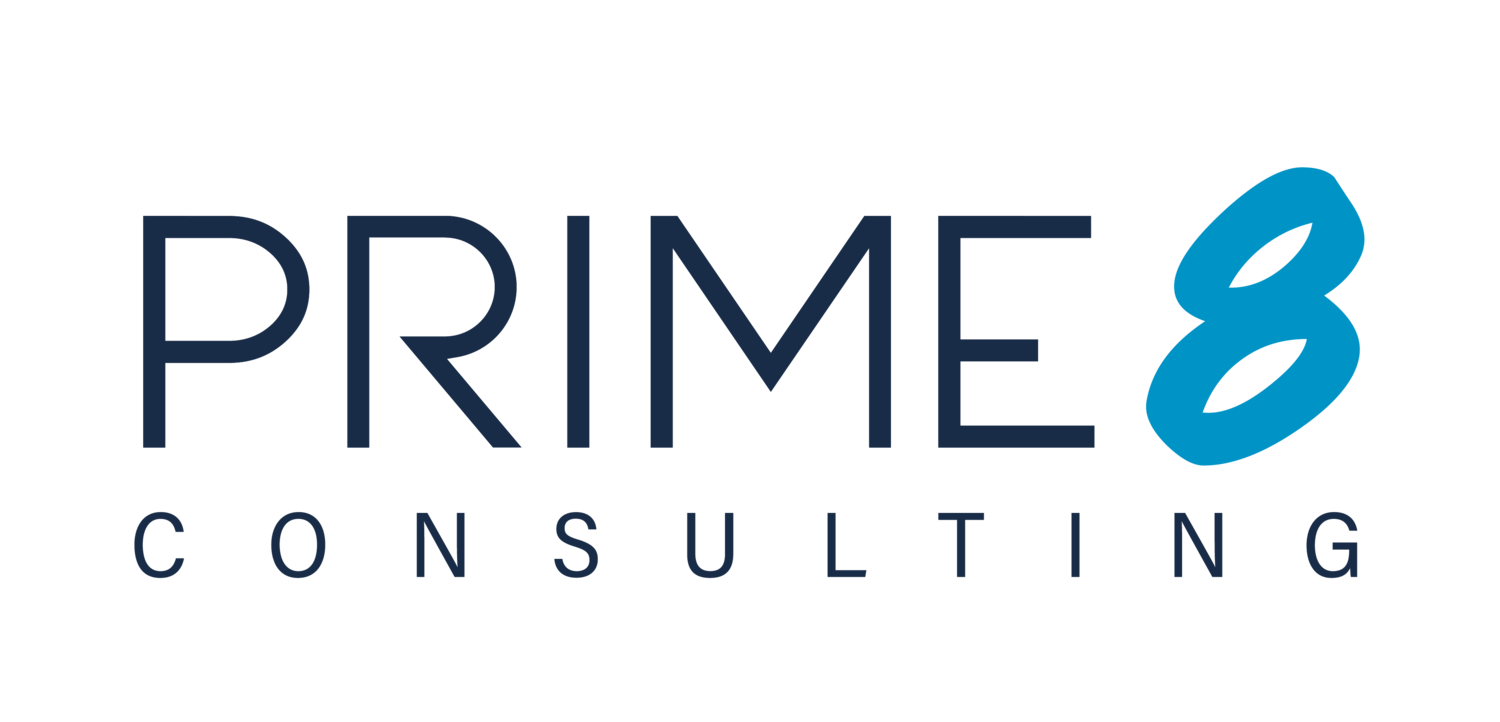Why Your Business Needs Data Democratization
Highlights
97% of companies believe data democratization should be a top priority.
Data visualization tools, training, and cultural changes are making data more accessible to everyone.
Democratizing data requires leadership buy-in, exploring the existing data ecosystem, collaborating with stakeholders, establishing governance, and providing initial and ongoing training and support.
A business intelligence consultant fast-tracks you to becoming a data-driven workplace.
In today's organization, data is no longer just a buzzword — it’s an essential resource that’s driving growth and success. No longer just the purview of business analysts and data scientists, the role and benefits of data are extending beyond the job title and providing value throughout business operations. But first, data must be made available, accessible, and comprehensible to all end users to deliver the most value.
Data democratization, the process of making business data accessible to everyone who needs it within a company, remains a top priority in creating an internal data culture. This feat is only possible when data is presented in a way that’s understood by all users, regardless of their data expertise.
The mainstreaming of business intelligence tools and data visualization tools makes data democratization possible for teams to:
Pinpoint and eliminate inefficiencies from key business operations
Understand next best actions throughout the customer journey
Innovate through rapid prototyping and product incubation
Align brand voice more closely to target audiences
To learn about how to make it happen, read 6 Steps to Democratize Data and Improve Business Operations.
In the quest for data democratization and improving business ops with data, business intelligence consulting can provide the path forward. By breaking down traditional silos and making information accessible to all, BI consultants specialize in creating a culture of collaboration and innovation that empowers team members at every level of your organization.
Data-Driven: The New Business Ops Imperative
Becoming a data-driven workplace means leveraging data to make informed decisions, optimize processes, and gain a competitive edge, each of which contributes to a business’s success. For data to work to its full potential, users need to be able to access, trust, and make sense of data without needing a background in data science.
More organizations are now taking action as the benefits of data democratization are becoming known. An Exasol survey of 500 executives and data professionals found that 90% are prioritizing data democratization for their companies.
This means using BI dashboards to turn information into easy-to-digest visuals, establishing data governance to provide structure and safety, and providing ongoing education about data’s benefits, use cases, and accessibility.
This is new territory for many, which creates uncertainty and no shortage of questions. But given that as much as 73% of enterprise-level data goes unused, there’s too much untapped value being left on the table that could otherwise drive growth and value.
Business Operations Benefits of a Data-Driven Culture
Becoming a data-driven culture has several immediate benefits on the path to achieving operational excellence.
REDUCED DEPENDENCE ON IT
In the past, IT departments were seen as the sole data stewards. Other departments would submit requests for sales reports, purchasing histories, or website traffic patterns, then wait for IT to deliver. Depending on how long this process took, the reports created by IT were potentially outdated.
With data democratization, users take the power of data accessibility into their own hands. Modern self-service options enable users to gain insights in real time instead of waiting hours, days, or even weeks. This frees up valuable time for IT staff to dedicate to other initiatives.
ENHANCED DATA QUALITY
The quality and trustworthiness of data are highly dependent on how it’s structured in its ecosystem. Things like duplicate records, missing entries, or incomplete fields can skew the insights derived from the data. Saddling one department with the chore of structuring and governing data for the entire company creates the potential for errors. Important data might not be properly captured, allowing essential information to slip away.
In a data-driven culture, non-technical staff can contribute to proper data governance. They can take the lead in ensuring data is logically organized and the right points are captured, which leads to better data quality overall.
BETTER REAL-TIME DECISION MAKING
Access to real-time data enables companies to make informed decisions and stay competitive by quickly pivoting based on market trends and changes. By leveraging multiple data sources, businesses can gain comprehensive insights into the business landscape, identifying opportunities and threats in real-time. This proactive approach allows companies to make data-driven decisions and take action before it's too late.
CORRECTING INEFFICIENCIES AND BOTTLENECKS
Analyzing data from multiple sources (e.g., customer feedback, website user journeys, social media interactions) allows companies to surface inefficient processes and take the next best steps. Improving processes saves time and money while creating more customer-centric experiences. Organizations can focus their efforts on areas that will create the most value rather than wasting resources on fixing processes that have very little business impact.
Working with a Consultant to Build Better Business Ops
Becoming a data-driven culture isn’t about collecting more data; it’s about making sense of your data and using it to drive results. Data democratization is one step forward on the journey to operational excellence for businesses.
Consultants can shortcut this journey by bringing turnkey business intelligence skills and expertise to the table. With past experience in helping companies democratize data, consultants know the right questions to ask to move the process forward. They also have experience with data tools and platforms that will provide the foundation for a data-driven workplace.
Consultants can support data projects of any size and scope, whether across a single function or team or an entire company. For example, one Prime 8 consultant implemented a low-code onboarding tool that saved the back office team countless hours while allowing us to assign new consultants to clients faster. This simple solution catered to multiple decision makers in a low-lift manner.
Trading a manual approach for an automated process driven by Power BI allowed us to onboard more consultants in less time, share the hiring status with 15+ stakeholders, and follow up with candidates in a timely manner. This was a single use case of data democratization, but its impact delivers real organizational value every day.
The value doesn’t end there. Along with practical and technical skills, consultants also have soft skills in interpersonal communication, change management, and team collaboration that are necessary for any large-scale enterprise project. They support data democratization by ensuring internal employees embrace its value and have the resources they need to leverage data.
For a step-by-step guide on how to successfully implement a data democratization strategy and the benefits of working with a consultant, read 6 Steps to Democratize Data and Improve Business Operations.
Why Partner with Prime 8?
Business intelligence and business ops are two of our core pillars here at Prime 8. The convergence of the two is a sweet spot for our consultants. We aim for efficiency without sacrifice and ensure our clients get the full package of know-how and soft skills that create better project outcomes.
Learn more about our approach — get in touch today!


























